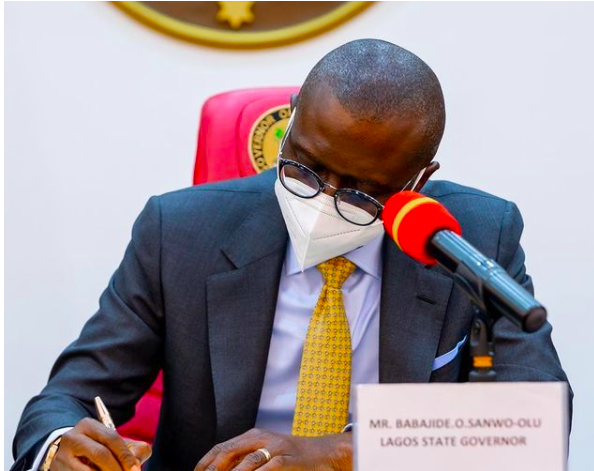The Value Added Tax (VAT) legislation has recently caused controversy, with some state governments suing the federal government over who should collect consumption tax in their regions.
Except for products and services specifically exempted under the VAT Act, VAT is imposed on the provision of goods and services in the country, including those imported into the country.
Initially, the Federal Inland Revenue Service (FIRS) was in responsible of collecting VAT on behalf of the 36 states and the District of Columbia (FCT). The cash collected are then distributed among the states.
According to The Will, a Federal High Court in Port Harcourt declared on August 9, 2021 that Rivers State, not the Federal Inland Revenue Service, shall be responsible for collecting VAT and PIT in the state.
Justice Stephen Dalyop Pam issued a permanent enforcement order barring FIRS and the Attorney General of the Federation – the claim’s first and second defendants – from collecting, demanding, threatening, or harassing Rivers State people to pay FIRS, personnel income tax, or VAT.
The state of Lagos then decided to follow suit. The Lagos State House of Assembly approved the VAT bill on its second reading on September 9. Mudashiru Obasa, Speaker of the Lagos House, indicated that N500 billion is generated in Lagos State, while N300 billion is generated in other southwest states, with only a portion of the money being returned to the states. As a result, he directed Olalekan Onafeko, the Acting Clerk, to send a copy to Governor Sanwo-Olu for action. According to Vanguard, the vote on the floor of the assembly was unanimous.
The bill has now been passed into law by Governor Babajide Sanwo-Olu.
According to the Nigerian Bureau of Statistics, Nigeria earned N496.39 billion in VAT in the first quarter of 2021, up from N324.58 billion in the same period of 2020.
In a report, PwC highlighted the Bill’s primary recommendations, which aims to create rules for the introduction and management of VAT in Lagos State.
The following are the provisions cited in the tax law:
- According to the bill, the Valued Added Tax would be administered by the Lagos State Internal Revenue Service (LIRS), at the rate of 6%.
- Section 16(2) requires an importer of taxable goods to pay the tax on the goods to the LIRS before clearing the goods (it is not clear how this will be implemented).
- Under the State VAT Bill, taxable persons are to register for the tax within 6 months of the commencement of the law or 6 months of commencement of business whichever is earlier. The commencement date is yet to be indicated.
- Based on section 9, nonresidents are to register for the tax if they carry on business in the state. There is no provision for self-charging of VAT.
- Monthly returns and remittance of VAT are due by the 21st of the succeeding month in a manner specified by the LIRS. This means the first return under the law will become due by the 21st of the month after enactment.
- The Bill cited that any appeal against the decision of the LIRS regarding the VAT matters goes to the VAT Appeal Tribunal to be established under the new law. Members are to be appointed by the governor on the recommendation of the Attorney-General and Commissioner for Justice.
- On revenue sharing formula, the Bill proposes VAT revenue is to be shared 75% to the state and 25% to the local governments, citing that there will be no registration exemption for small businesses unlike the N25m exemption under the national VAT Act.
